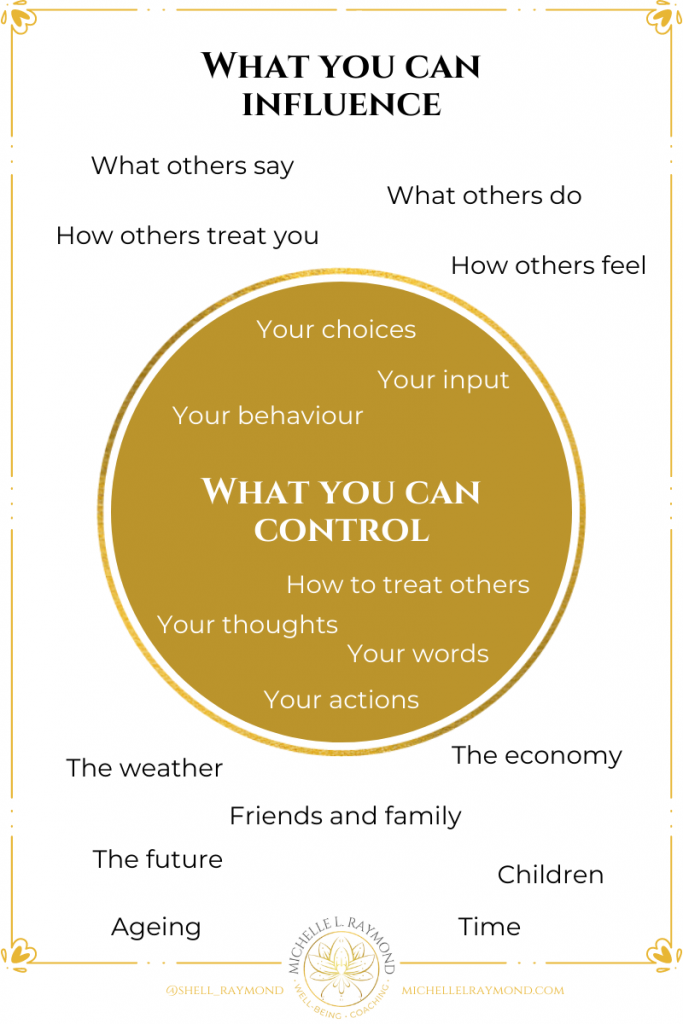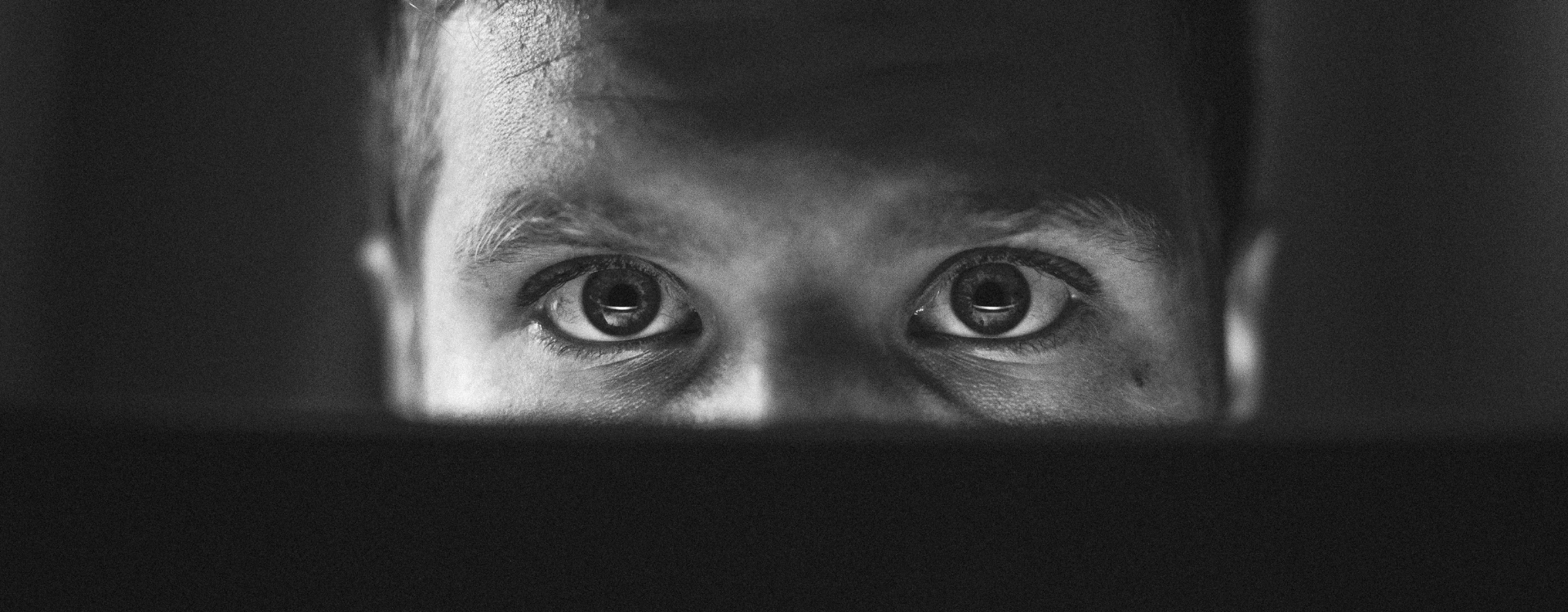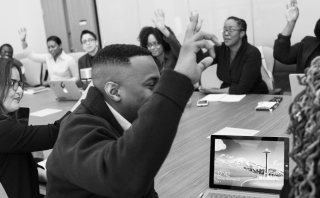Focus and attention sometimes seem like a luxury. To have dedicated time to complete one task before moving on to the next one is almost unheard of. Especially when you are responsible for more than just yourself.
It is tricky to do one thing at a time when there is so much that requires our focus and attention. But when we split ourselves by multitasking or spreading ourselves too thin, we tire quickly and are not effective as we could be.
In the field of neuroscience and neuro-leadership, this is a topic of great interest and importance. The pressure on business owners, managers, parents, children and the like has increased exponentially. One could argue the reason for this. But for the sake of getting things done, it is not necessary for now.
What is necessary is first becoming aware of the shortfalls of not giving proper focus and attention. And then secondly to remedy the situation so as to become more effective whilst still maintaining productivity and well-being.
In a recent podcast from renowned author and psychologist, Daniel Goleman called First Person Plural: EI & Beyond, he interviews Dr Amishi Jha, PhD. She is a neuroscientist, researcher and associate professor of Psychology at the University of Miami.
They unpack, in detail, the power of using focus and attention to become not only more efficient but also happier.
All the distractions around us pulling our attention and focus in all directions have made us slaves to our responsibilities.
We give our time and energy to everyone and everything except ourselves. Many clients I have worked with who have pets admit that their animals have it better than they. Getting breakfast, fresh water and affection while they run out the door grabbing a banana and downing a cup of coffee.
How does one then remedy this?
There are many ways to get out of the spiral of doing and into the space of being. And it takes practice, starting with the simple things first.
For example, when drinking a cup of water, tea or coffee – drink it without doing anything except drinking. When out walking – just walk. When watching television, do just that.
Once we catch ourselves watching tv, while on our phone, trying to listen to our kids or partner talking and thinking about all the urgent things that still require our attention, we realise how ridiculous the situation is and how nothing is actually getting achieved.
Control vs Influence

Another way we can harness better focus and attention is by making a clear distinction between things we can control and things we can only influence. The line tends to be quite blurry, and we often think we have control over a lot more than we do. Realistically, the only thing we can control is ourselves and our responses.
The analogy of the magnifying glass is often used to describe the power of focus. By focussing all our attention on a single task, we can direct all our energy and resources towards it.
The greatest lesson to take from this whole story comes down to the remarkable effect of presence. Or the ability to become fully conscious and move from Ego to Eco as Otto Scharmer, founder of The Presencing Institute and Senior Lecturer at MIT Sloan School of Management, so eloquently puts it in his groundbreaking work on Theory U.
Are we willing and able to evolve beyond the hum-drum of busyness to a more meaningful and inspired life?
On that journey lies an inner gate that requires us to drop everything that isn’t essential. This process of letting go (of our old ego and self) and letting-come (our highest future possibility: our Self) establishes a subtle connection to a deeper source of knowing. The essence of presencing is that these two selves—our current self and our best future Self—meet at and begin to listen and resonate with each other.
-extract from Theory U.





